What is the Difference Between a Psychiatrist, Psychologist, Therapist, and Nurse Practitioner?
Searching for mental health care can be frustrating, especially if you're not sure what kind of clinician you require. What DO all the letters after people’s names mean?
There are several options for mental health treatment, including psychiatrists, psychologists, therapists, and nurse practitioners. Each one can be a good option for different aspects of your care, and often you can have a treatment team with combinations of these types of clinicians. There are other types of providers, such as life coaches, wellness coaches, healers, and more who may be practicing without any required formal training, licensing, or oversight. These can certainly have a role in your care, but you should be aware of and understand your provider’s credentials.
This guide highlights the differences between various types of clinicians so you can choose the right person for your needs at any given time. Your care, your choice.
What Is a Psychiatrist?
Psychiatrists (MD or DO), like myself, are medical doctors specializing in mental health conditions who have completed a minimum of 12 years of education and training: a 4-year undergraduate degree, 4 years of medical school, and a 4-year psychiatry residency program with 3 medical licensing exams throughout training and a specialty board examination upon completion of residency
Our extensive medical training provides a unique ability to understand the biological, psychological, and social factors contributing to mental illness. This allows us to serve as a bridge between various medical specialties (internal medicine, neurology, endocrinology, OBGYN, etc.) and psychiatry to devise an integrated treatment plan.
Psychiatrists are specialists in:
Diagnosing mental health conditions and managing highly complex patient care cases like bipolar disorder, psychotic breaks, and severe depression and anxiety
Prescribing, adjusting, and medication management, including tapering and polypharmacy (coordinating the use of 5 or more medicines at once)
Evaluating and integrating psychiatric and medical conditions, for example when mental illness overlaps with neurology, autoimmune, or endocrine disease
Designing comprehensive treatment plans in collaboration with other healthcare providers
Providing psychotherapy, depending on their practice focus
As medical doctors, psychiatrists are capable of prescribing medications and other medical interventions, like transcranial magnetic stimulation, ketamine treatment, or electroconvulsive therapy.
When dealing with complex mental health conditions or conditions requiring medical treatments, a psychiatrist is the one to see.
What Is a Psychologist?
Psychologists (PhD or PsyD) are doctoral-level mental health professionals who complete a 4 to 7 year graduate program in clinical or counseling psychology (PhD or PsyD), followed by supervised clinical training and licensure exams.
They are not medical doctors and cannot prescribe medication (except in a few states with special certification).
Psychologists are specialists in:
Providing evidence-based psychotherapy in various modalities, such as Cognitive Behavioral Therapy, Dialectical Behavior Therapy, Acceptance and Commitment Therapy, and trauma-focused therapy
Conducting psychological testing and psychological assessments for diagnostic clarity concerning mental health conditions like depression, anxiety disorders, mood disorders, autism spectrum disorders, ADHD, and more
Developing structured treatment plans for individuals, couples, or families
While psychologists do not undergo medical residency, they are experienced, accomplished mental health professionals. If you're looking for a diagnosis and a treatment plan for behavioral or mood changes but you're not certain you need medical intervention, then you could consider a psychological assessment.
What Is a Therapist?
Therapists (LCSW, LMSW) and counselors (LMHC, LPC, LPCC) are licensed mental health professionals who have completed a master’s degree in fields such as social work, counseling, psychology, or marriage and family therapy, followed by supervised clinical hours and licensure exams.
They cannot prescribe medication.
Therapists are specialists in:
Providing psychotherapy for various emotional, behavioral, and interpersonal issues
Helping build coping skills, emotional awareness, and resilience
Supporting people through life transitions, trauma, grief, or stress
You don't need to have a diagnosed mental illness to seek help traversing your life. Whether or not that's the case, a therapist can offer you tools to help face the daily challenges you encounter.
What is a Nurse Practitioner?
Psychiatric nurse practitioners (PMHNP) are advanced practice registered nurses who have completed a minimum of a bachelor’s degree in nursing followed by a 2-3 year graduate program.
The degree of training and clinical hours varies depending on the training program, though all NPs must take a national certification exam. Whether they can practice independently without the supervision of a physician is state-dependent.
Psychiatric NPs are specialists in:
Assessing and diagnosing mental health conditions, such as depression and anxiety
Prescribing, managing, and monitoring psychiatric medications
Coordinating with primary care, therapists, and psychiatrists for high complexity cases
Ultimately, your choice of provider will come down to your specific goals and resources, but I hope this guide can help you make your decision. The good news is, we are all connected, so your provider can always help refer you to a specialist who may best fit your needs.
If you're looking for a psychiatrist and interested in telehealth options, consider scheduling an appointment with EZ Psychiatry today.
